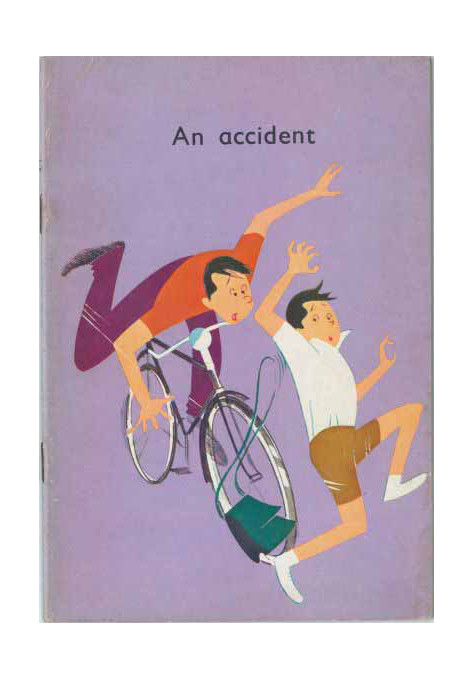
Primary Pilot Project
Illustrated readers for an experimental educational project
In the 1970s, the Ministry of Education started a project to help Primary 1 and Primary 2 students learn through discovery and play rather than the traditional way of memorisation via reading and writing. The Primary Pilot Project was based on the belief that language is rooted in speech and improving a child's oral skills would provide a base for developing their reading and writing skills. The teaching of English was also integrated with mathematics and science.
The programme was first implemented in five schools in January 1971. As part of the project, a series of English and Chinese readers were published as learning materials. The first series of 12 readers for Primary One children were produced in 1973 by Educational Publications Bureau and illustrated by Kwan Shan Mei. The same year, teachers were invited to help write the readers for Primary Two children. Their topics could be based on Malay, Chinese, India or Southeast Asian folklore, history, religion; informative and factual accounts of nature or cover everyday and socio-economic themes. The scripts were to vary between 300 to 500 words and be laid out across not more than 24 pages.
By 1976, it was estimated that two thirds of Singapore's primary schools ran the project. However, it received mixed reviews and even became the subject of a debate in Parliament. While the focus on oral drills, games and activities made the students more vocal and better public speakers, the reduction in written work meant some were poorer in spelling, handwriting and reading. According to some parents, the children were not taught anything academically and the readers were hardly used. Some teachers could not cope with teaching English and Mathematics at different levels of learning.
By 1976, the Ministry of Education declared that it was up to principals to continue implementing the project in their schools or scrap it altogether. One principal said it was impractical and initiated by a group of "so-called educational specialists who had no primary school experience at all". However, he conceded that it may work if more teachers were trained for it and there was enough feedback.
REFERENCES
- Kwee, Masie. "Bi-lingual teaching time to be doubled." The Straits Times, 20 October 1972, 13.
- Ngoo, Irene. "Up to heads to keep or scrap PPP system." The Straits Times, 5 April 1976, 9.
- "Press Release: Primary Pilot Project (PPP)." Singapore: Ministry of Culture, 22 April 1976.
- Sung, Bailyene. "'Play-way' learning for kids under fire." The Straits Times, 1 December 1975, 9.
- "Teachers invited to help write books." The Straits Times, 2 May 1973, 10.

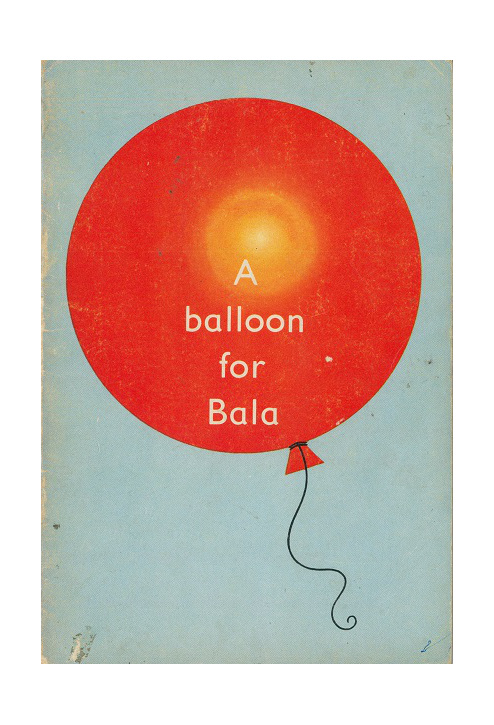
A Balloon for Bala

A Fire
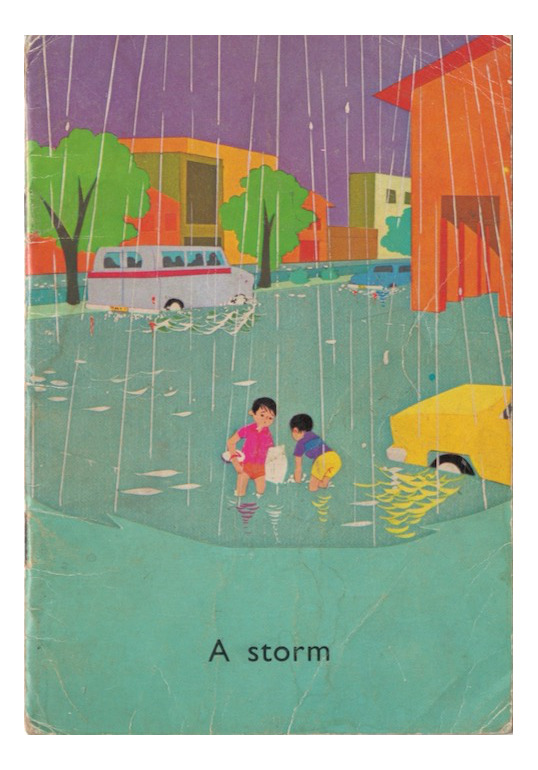
A Storm

At the Shopping Centre

Bala on the Moon
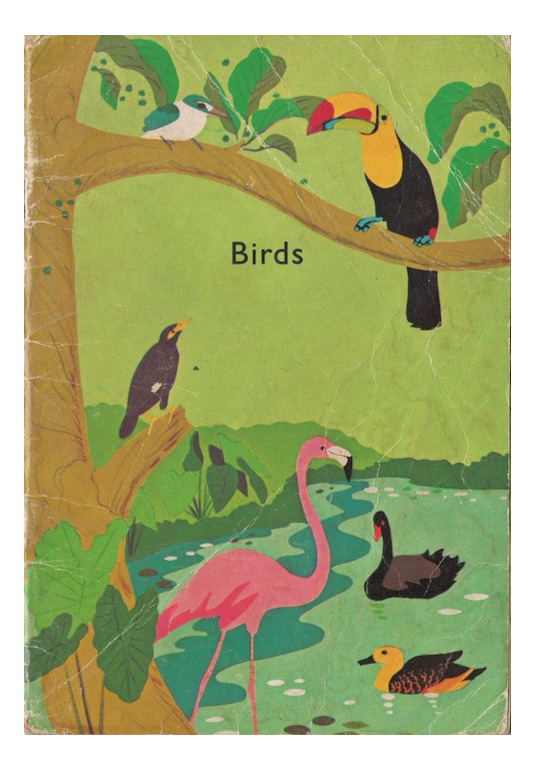
Birds
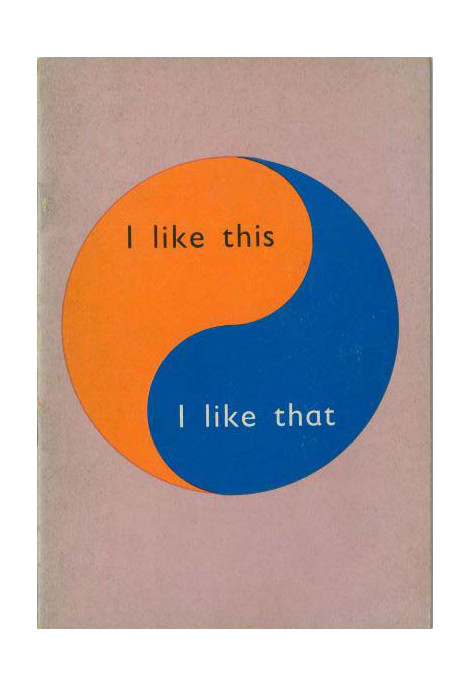
I Like This I Like That

Janet and Her Puppets

Minah and Her House

The Clever Monkey

The Emperor's Elephant
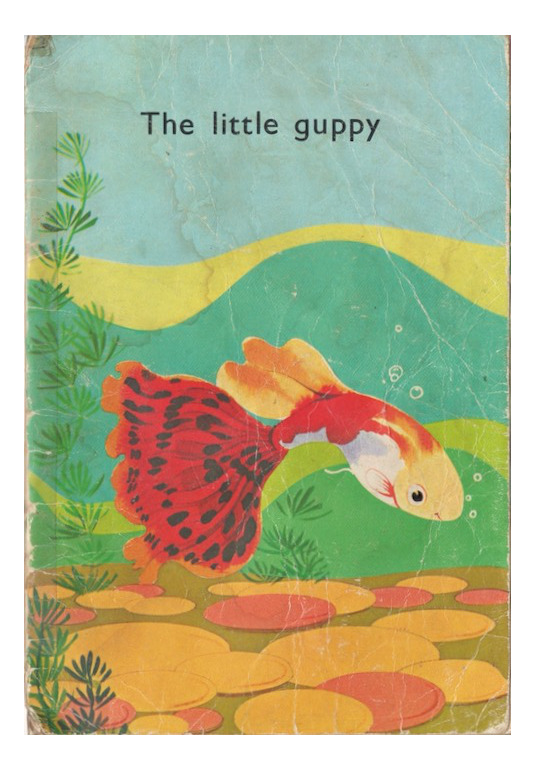
The Little Guppy

The Market

The Monkey, The Elephant, The Tiger and the Mouse-deer

The Parade
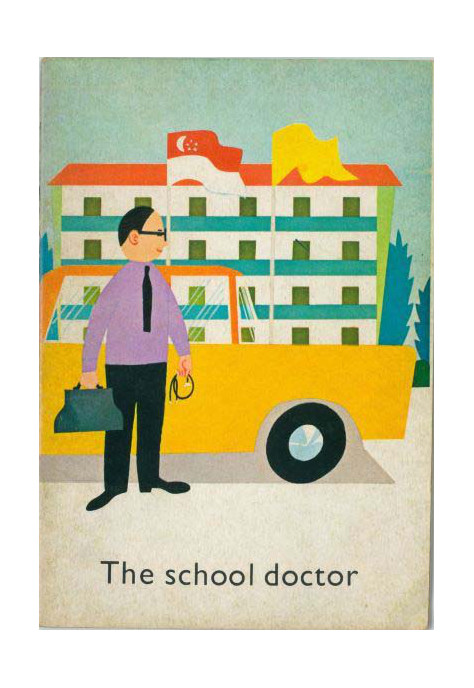
The School Doctor

The Singapore Youth Festival
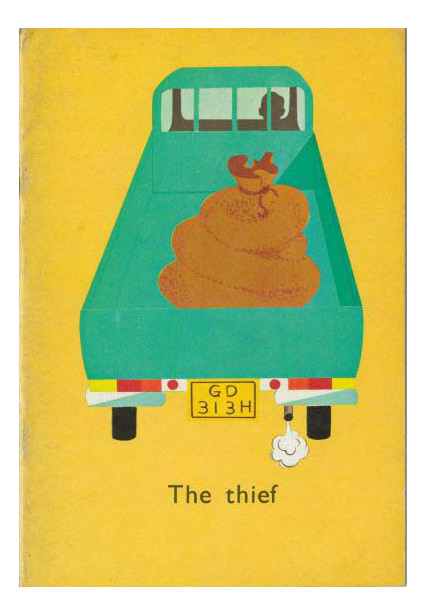
The Thief

The Wise Old Bird

Wan Lee and the Shark

Where is the Bicycle?
